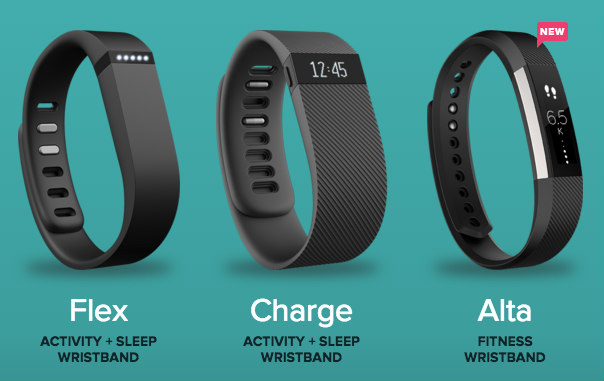Why are AdWords buyers still using related keyword tools? Why are they relying on Google keyword planner which doesn’t have a robust LSI (latent semantic indexing) algorithm as employed for Google’s Hummingbird algorithm?

The problem with PPC “related keywords” and research tactics
- Not showing strength of relationship: why does “basketball” show as top 5 related to “USA” in a “related keyword tool”? Because it’s ordered by search volume or other metrics that don’t show degree of relatedness, strength of relationship, or similarity.
- Rely on PPC or AdWords buyers existing, subjective topic knowledge. Not using enough “data driven” information.
- Not based on machine learning.
- Google keyword Planner: mostly phrase match words, not even related.
Google’s Machine Learning To The Rescue
Enter Google Hummingbird. Semantic relationships discovered by the Google Algorithm give you precise information about degrees of similarity.
Look at top authoritative pages ranked for core topic. How many co-occurrences do the other ranking phrases on each pages have when looking for co-occurring phrases among this set of top ranking pages? We do this using a keyword tracking tool like SEMrush, looking at the most popular keywords and the pages that rank for them.
It helps us a LOT with mis-spelling bids, for example. Of all the misspellings Google re-directs to the top 30 most authoritative pages* about Fitbit, these are the ones that go to our authority pages. Google has most confidence they are truly looking for a Fitbit topic:
Occurrences Keyword Search Volume Estimate Average CPC
7 firbit 6600 0.25
7 fit bit 201000 0.55
7 fit it 2900 0.41
7 fitibit 1600 0.56
7 fitibt 1600 0.75
7 fitnit 2900 0.34
Poor Choice mis-spells for AdWords
Below are misspellings more likely to go to other pages that are not the ones we found authoritative to the core topics: they have less co-occurrences across our authoritative pages. We should bid less for them. Google doesn’t send them where we want and their machine learning knows there is a smaller correlation between the mis-spell and the Fitbit related term. Note that the average CPC is actually higher for some of these! Proof positive that people are not using the best data on user intent for mis-spellings. For these results, I used the Clickstream Solutions Bulk SEMrush tools (contact us if your interested in them and have a “business account” with SEMrush.
Occurrences Keyword Search Volume Estimate Average CPC
5 fitbity 1300 1.09
5 fitbiyt 70 0.47
5 fitzip 590 0.52
4 fitbi 1000 0.54
*Authority as judged by pages ranking in organic top 5 for these 7 core topics.
Top five Ranking Pages
| https://www.fitbit.com/ |
| https://www.amazon.com/Fitbit-Wireless-Activity-Sleep… |
| https://en.wikipedia.org/wiki/Fitbit |
| https://play.google.com/store/apps/details?id=com.fitbit.FitbitMobile&hl=en |
| https://www.newyorker.com/magazine/2014/06/30/stepping-out-3 |
Core Topics
1. Fitbit
2. Fitbit reviews
3. Fitbit one (product)
4. Fitbit app (with mobile)
5. Fitbit zip (product)
6. Fitbit charge (product)
7. Fitbit app (use with mobile)


